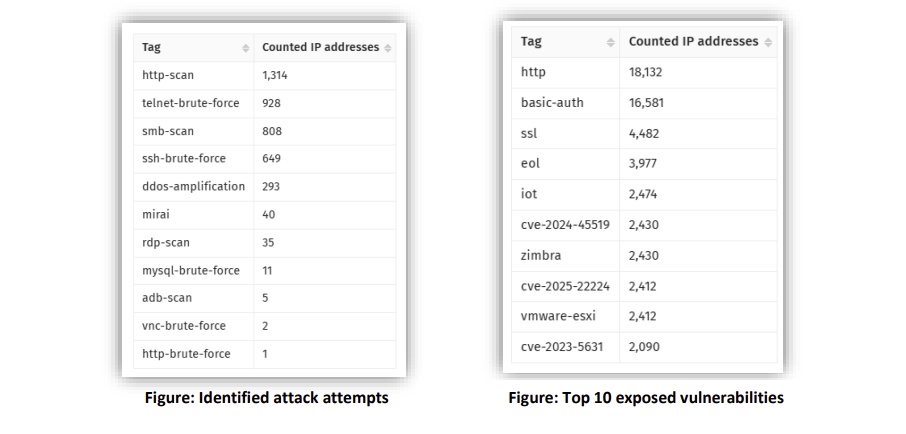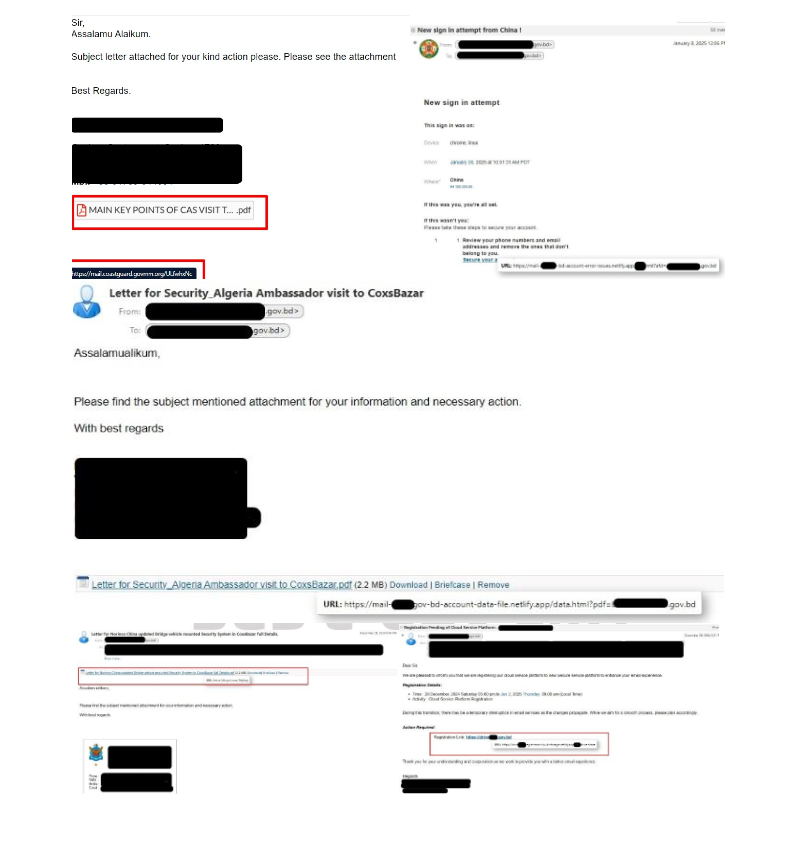ISC Releases Security Advisories for BIND
by CIRT Team
CVE-2020-8618:
An assertion check in BIND (that is meant to prevent going beyond the end of a buffer when processing incoming data) can be incorrectly triggered by a large response during zone transfer.
Impact:
An attacker who is permitted to send zone data to a server via zone transfer can exploit this to intentionally trigger the assertion failure with a specially constructed zone, denying service to clients.
For more information, please visit following URL:
https://kb.isc.org/docs/cve-2020-8618
CVE-2020-8619:
The asterisk character (“*”) is allowed in DNS zone files, where it is most commonly present as a wildcard at a terminal node of the Domain Name System graph. However, the RFCs do not require and BIND does not enforce that an asterisk character be present only at a terminal node.
A problem can occur when an asterisk is present in an empty non-terminal location within the DNS graph. If such a node exists, after a series of queries, named can reach an inconsistent state that results in the failure of an assertion check in rbtdb.c, followed by the program exiting due to the assertion failure.
Impact:
Unless a nameserver is providing authoritative service for one or more zones and at least one zone contains an empty non-terminal entry containing an asterisk (“*”) character, this defect cannot be encountered. A would-be attacker who is allowed to change zone content could theoretically introduce such a record in order to exploit this condition to cause denial of service, though we consider the use of this vector unlikely because any such attack would require a significant privilege level and be easily traceable.
For more information, please visit following URL:
https://kb.isc.org/docs/cve-2020-8619
Reference:
https://kb.isc.org/docs/cve-2020-8618
https://kb.isc.org/docs/cve-2020-8619











